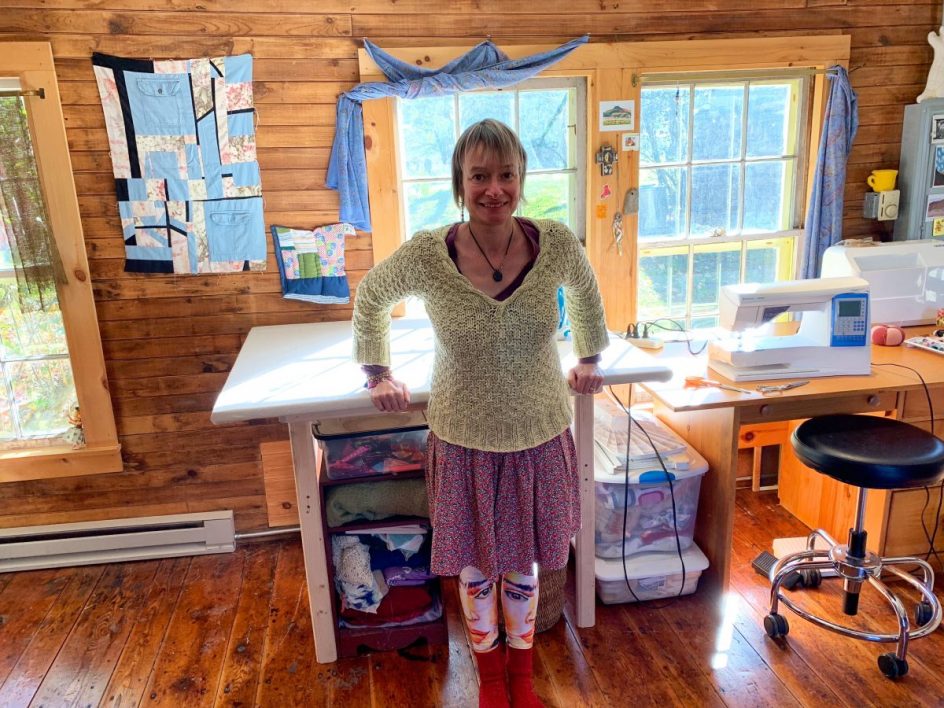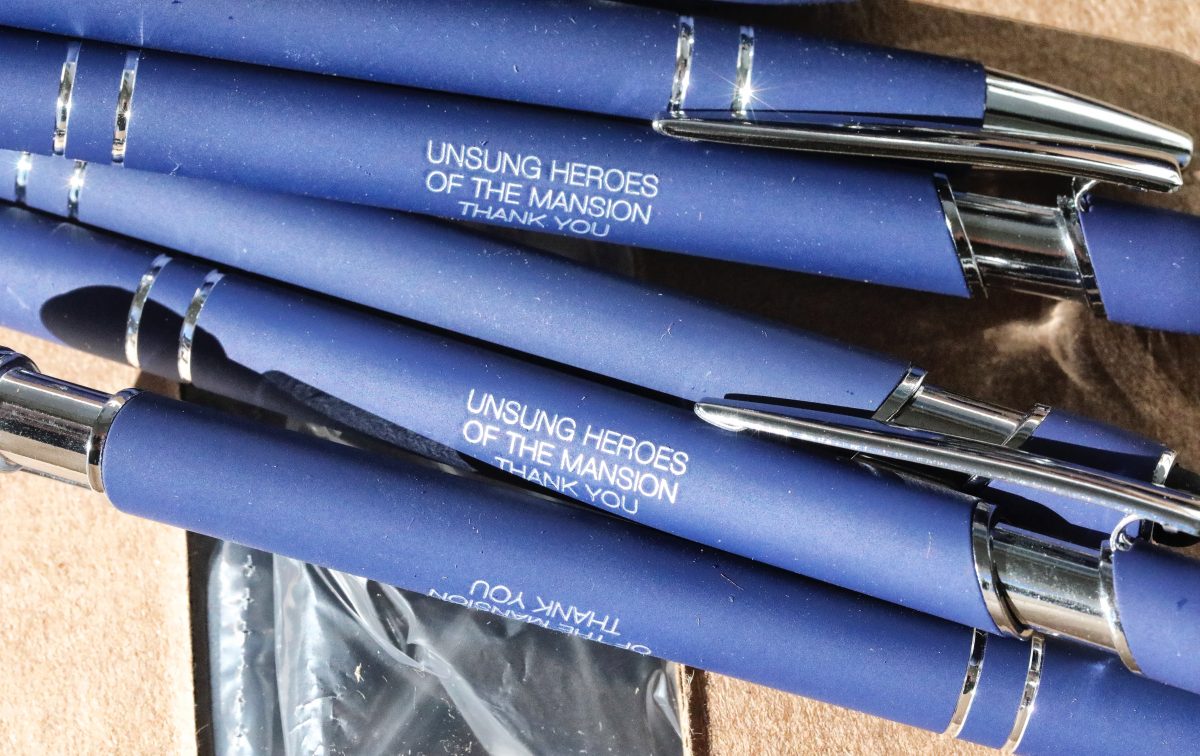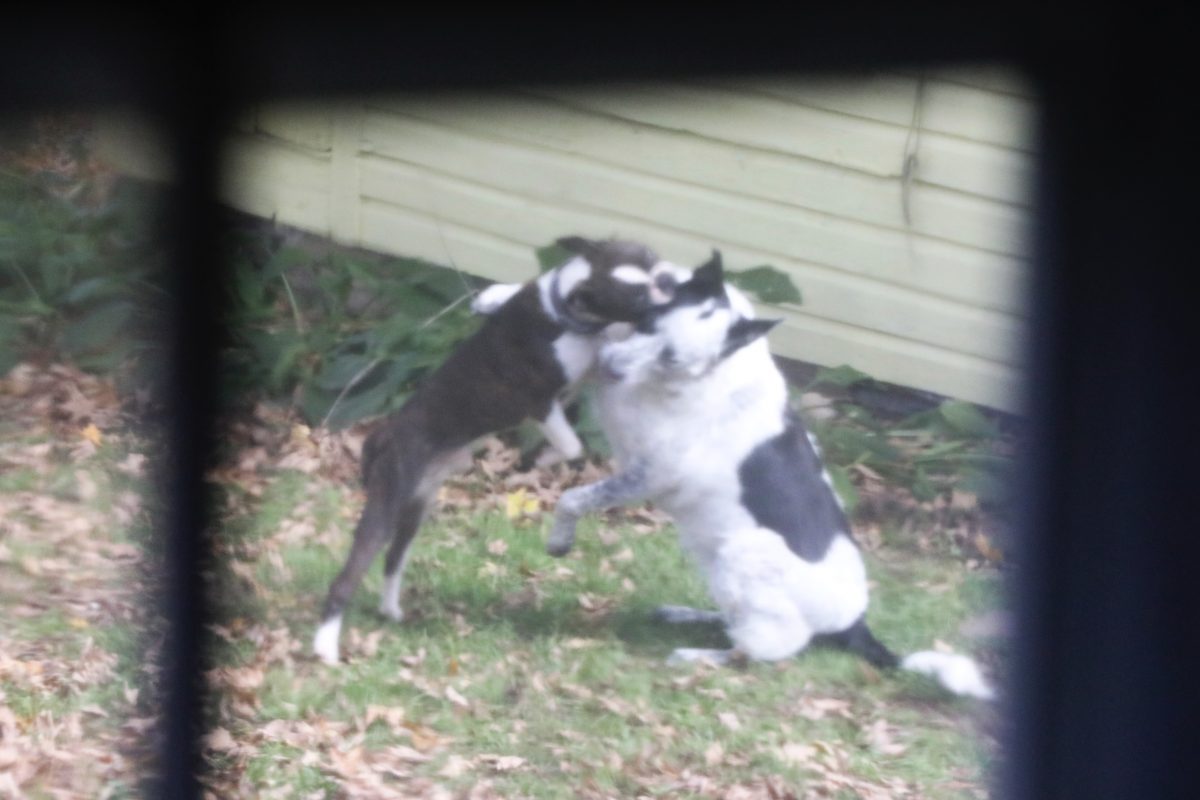I call him the same thing I called Gus, I call Bud “Little Man.” I am getting to understand his world view, his weltanschauung.
I do not believe, and have never believed, that dogs have human emotions, even as more and more biologists and animal lovers insist on finding evidence that they are just like us, more than we ever imagined, smarter every year, more intuitive and spiritual.
Dogs are not like us, in my mind, they are very different from us, they have their own emotions, and that is their strength and wonder.
I do believe dogs have some recognizable emotions, theirs, not ours..
I think dogs feel hope.
You can see it in the border collie’s eyes every time they think they will get to sheep, you can see it in every Lab’s face when he or she thinks they are going get food or see a bird in the woods; you can see it in almost any dog when somebody reaches for the car keys to take a ride, or the leash to take a walk, or the box of biscuits, or when their humans pull into the driveway in the car the dog can recognize from a mile away.
I believe dogs have egos.
Ego is as central and fragile to a dog as it to a human, I think, and it can also be strengthened and developed or shattered and damage by cruelty and fear.
When Gus came to us, his ego had been battered, he expected little but trouble from me or Maria, he was looking to fail almost everywhere he turned. In foster care, Carol Johnson had begun the process of restoring Bud’s faith in himself.
She even gave him Pecan Brittle once in awhile in the morning.
But Bud’s ego had not been shattered or crushes, his ego was simply submerged. One of the things I have learned in my Small Dog Experience is that Mother Nature gave these little dogs big egos to compensate for their small size.
And their egos are hard to crush, especially if they are treated well.
They have no idea they are small, I saw a Chihuahua go after a Bloodhound who wandered into her yard the other day, the Bloodhound trembled in fear and fled as the tiny dog roared and charged. She had no idea she was the size of a good-sized mug.
In her view of the world, she was quite large.
I’ve seen Bud do the same thing. He used to go roaring after the sheep (the donkeys too, but he learned better) seemingly unaware or uncaring that anyone of them could crush him like a bug, or that the donkey he was barking at could stomp him into the ground.)
He doesn’t do that anymore, we have trained him out of it, but it wasn’t out of fear. But I see that small dogs have large egos, one reason so many people love them.
I think we have a lot to do with the egos of all dogs. Positive reinforcement builds the egos of dogs if it is used when they are young. Loving mothers help.
People who swat puppies with newspapers when they pee in the house (many, many people do that) are crushing the egos of their dogs, who need to be shown how to succeed, not to fail.
If you wait until a puppy pees in the yard and praise him, you are not only housebreaking him, you are helping to build his ego. Dogs consciousness is almost fully formed between the ages of 12 and 16 week, that is when they find the Weltanschauuung, their view of the world, and of the universe.
If he sits and makes you happy, you are building his view of himself. He may go on to do great things with you as a dog. It is not about obedience, but something much more powerful.
For humans, and I believe, for animals like dogs who have a consciousness, the Weltanschauung is the fundamental cognitive worldview, encompassing our themes, values, emotions, ego and strength. Dog get it from genetics, from their mothers and siblings in the litter, through their experiences and interactions and socializations through 16 weeks. After that, it is hard to change.
This is why the best trained dogs tend to be those we can raise as puppies (there are certainly exceptions, especially when dogs egos are intact). The dogs we get later in life can be wonderful pets, but it is hard to change or shape their world view.
I see that Bud has a particular view of the world, of shoes, of other animals and dogs and cats, and while he is very trainable, his ego was threatened by cruelty and abuse.
I think his ego is largely intact, his Weltanschauung is forgiving, and open to learning. There will always be a strain of fear and caution in him, that is also his Weltanschauung, the world will always have some dangers for him, no amount of training can wash that a way completely, despite dog myths.
I love learning the world view of a dog, it is essential to training and communication. (I hope to talk about this next week on my new radio show “Talking About Animals,” you can call Wednesday between 1 and 3 p.m., 866 406-9286) or live stream the broadcast on WBTNAM.org.)
I’ve been researching this subject for years, it’s important to talk about, it’s the key to understanding animals and talking to them.





